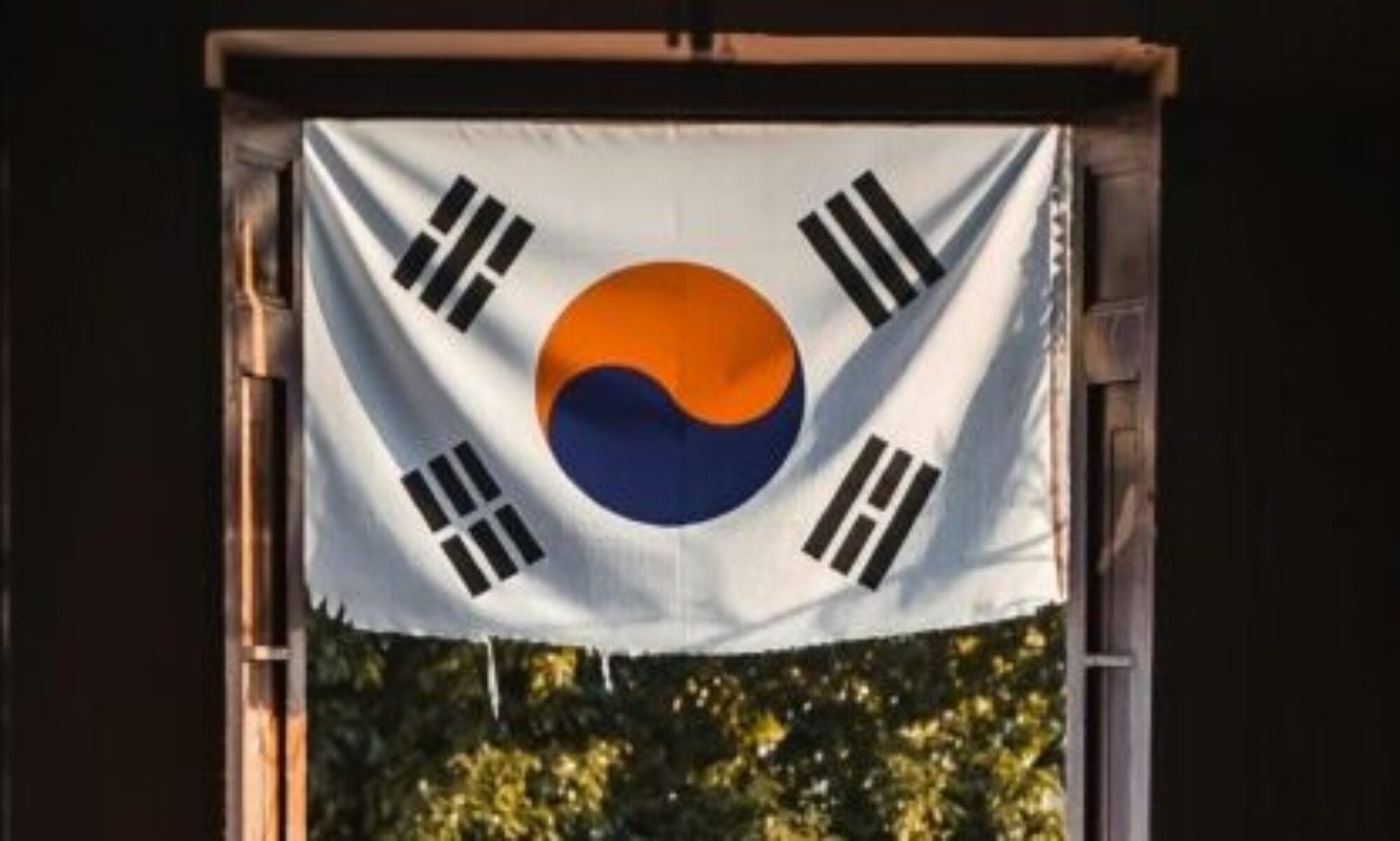South Korea is known for its demanding work culture, long hours, and high expectations. The office environment is characterized by clear hierarchical structures (Toyryla, 2023). As the newest team member, opinions may hold less weight, it can be difficult to say “no” to senior colleagues, and one might face brusque behavior until another new person joins the team (Toyryla, 2023). Working overtime is expected, and employees often feel compelled to stay until the boss leaves, attending dinners and drinking sessions after work (Lederman, 2023). Since March 2018, maximum weekly hours have been reduced from 68 to 52 due to high suicide rates (Ministry of Employment and Labor, 2024). Seoul defines economically active people aged 15 to 64 as the working-age population, which is projected to decrease due to the low birth rate (Ji-hyoung, 2024). These labor practices and demographic challenges pose significant implications for South Korea’s economic sustainability and social well-being.
The employment law landscape in South Korea is highly regulated. Since December 2006, South Korea has strengthened labor unions, improving industrial relations (Labor Protections in the U.S.-South Korea Trade Agreement, 2024). The country upholds high standards for protecting workers’ rights, both domestically and in trade agreements with the United States (Labor Protections in the U.S.-South Korea Trade Agreement, 2024). The Labor Standards Act ensures employee entitlements regarding wages, working hours, and leave (Employment & Labor Law in South Korea [2024 Guide], 2024). Employers must provide all employees with written key terms of employment (Silkim, 2024). There has been an increase in South Korea’s minimum wage as of January 2024, from 9,6200.00 won to 9,860.00 won (Minimum wage updated in South Korea from 01 January 2024 – January 01, 2024, 2024). There are exceptions for employees who receive minimum wage. The Minimum Wage Act, effective in March 2018, states that employees in their probationary period can be paid less for up to three months (Silkim, 2024). These regulations reflect South Korea’s commitment to ensuring fair labor practices, though continuous efforts are needed to address ongoing challenges and adapt to an evolving economic landscape



